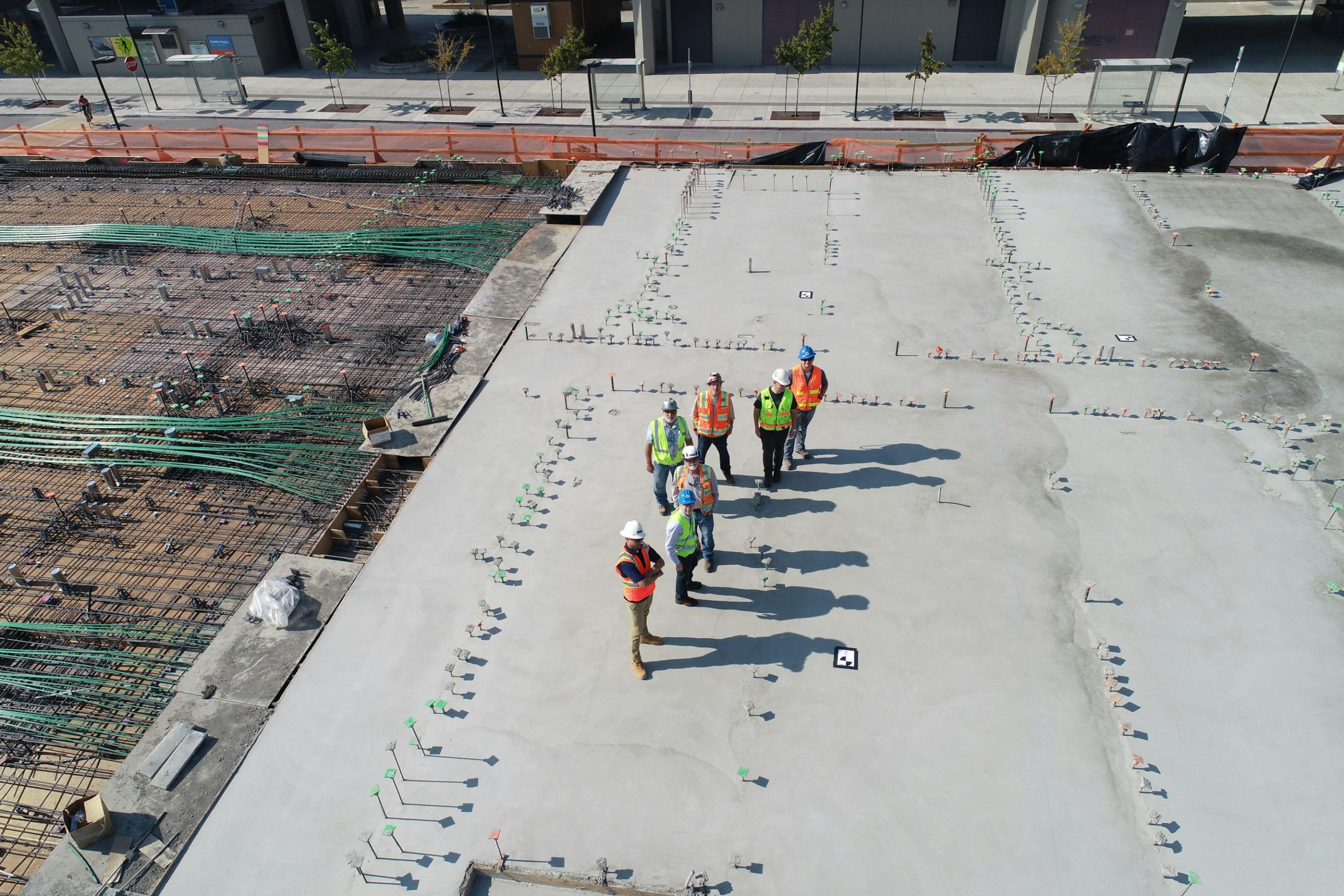Why Authority Approvals Are the Bottleneck of Middle East Projects
In the dynamic landscape of construction in the Middle East, authority approvals emerge as a major bottleneck that hampers project efficiency. These regulatory hurdles not only prolong timelines but also escalate costs, challenging the viability of even the most promising ventures. Understanding the challenges intertwined with authority approvals is essential for stakeholders aiming to enhance project execution and streamline processes.
Key Concepts and Challenges
Across the Middle East, regulatory landmarks matter significantly in construction project management. Authority approvals often involve multiple layers, including feasibility studies and clearances from various governmental ministries and agencies. This multi-faceted approval structure can lead to substantial delays, inflating costs and crippling project timelines.
Delays and Cost Overruns
The repercussions of a slow and cumbersome approval process are far-reaching. As projects stall, contractors face increased expenses which can significantly impact overall project budgets. Consequently, these initial regulatory hurdles, if not navigated effectively, can jeopardize the constructive potential of projects aimed at propelling economic growth in the region.
Specific Challenges in Saudi Arabia
Focusing on Saudi Arabia, the ambitious Public-Private Partnership (PPP) program with a pipeline of over 200 projects across 17 sectors exemplifies the challenges posed by authority approvals. Managing this volume of projects while ensuring timely execution unveils a notable disparity between the demand for swift project deliveries and the available execution capacity of public-sector teams.
Capacity and Execution Speed
The capacity of public-sector teams is continually tested by a rigorous approval process, which often leads to delays in tendering or awarding contracts. Projects must navigate intricate feasibility studies and acquire approvals from prominent regulatory entities, such as the Ministry of Finance and the Capital Market Authority (CEDA). This lengthy approval process can obstruct project execution, hindering timely deliveries and leading to further complications down the line.
Risk Allocation
Risk allocation is paramount in fostering bankable contracts; however, the recent Public Sector Partnerships (PSP) Law, while offering standardization, still necessitates exhaustive negotiations. Points of contention, including demand risk and foreign exchange issues, can substantially delay project initiation, compounding the challenges faced by stakeholders striving for project accomplishment.
Mitigation Strategies
To enhance project execution and alleviate bottlenecks caused by authority approvals, various mitigation strategies have been identified. Key among these is capacity building, where significant investments in Public-Private Partnership (PPP) capacity strengthen public-sector abilities. Engaging experienced transaction advisors allows government teams to navigate complex projects efficiently, structuring bankable deals that counter potential delays.
Streamlining Processes
In an effort to streamline project execution, the government has also commenced initiatives aimed at enhancing pre-bid processes and procurement timelines. These measures focus on improving the efficiency of bidder expenses through competitive prequalification processes, ensuring that projects move forward without unnecessary stalls.
Best Practices for Authority Approvals Management
Implementing best practices can invigorate project efficiency by addressing the bottleneck created by authority approvals. A notable approach involves centralized management, facilitating smoother coordination of various project execution aspects. The proposed establishment of a new infrastructure ministry in Peru, which aims to centralize project management, offers a compelling model for overcoming similar bottlenecks in the Middle East.
Cross-Sectional Decision Making
Another advantageous practice is creating cross-sectional decision-making teams composed of highly specialized experts. This collaborative process can unify project design and execution, ultimately curtailing the complexity and time required for approvals.
Emerging Innovations in Approval Management
Leveraging technology is a critical component to streamline authority approvals. The integration of advanced construction management platforms can vastly improve communication among stakeholders and enhance the efficiency of the approval process.
Technology Integration
Platforms like Zepth stand out in providing innovative solutions such as construction document management, ensuring teams maintain timely access to required documents and approvals without unnecessary delays. By utilizing AI-driven project management solutions, such as real-time data integration through centralized dashboards, stakeholders can track approvals alongside project execution metrics, bridging the gap between documentation and on-ground realities.
Consultative Approaches
Engaging seasoned consultants and advisors early on can also be beneficial. By proactively addressing anticipated bottlenecks and structuring projects to align with regulatory requirements, stakeholders can reduce the risk of delays and enhance overall project success.
Statistics and Examples from the Field
The scale of opportunities presented by authority approvals is echoed in the extensive pipeline of projects in Saudi Arabia’s PPP framework. Managing over 200 active projects highlights the challenges infrastructure developers face, necessitating effective systems to manage timelines and procurement processes.
Bidder Interest
The bidding landscape underscores the urgency of efficient management. With numerous firms competing for similar projects, such as essential water initiatives, the need for meticulous oversight in managing timelines and expenses is paramount. Balancing competitive tension with an efficient approval process is critical to fostering industry growth.
Conclusion
As construction stakeholders in the Middle East grapple with authority approvals as a prevalent bottleneck, a multifaceted approach that encompasses strategic mitigation, implementing best practices, and harnessing emerging technologies offers a pathway to enhanced project execution. By understanding the inherent challenges and integrating solutions like those offered by Zepth’s construction management solutions, the construction industry can navigate the complexities of authority approvals more effectively, ensuring timely and successful project delivery.




